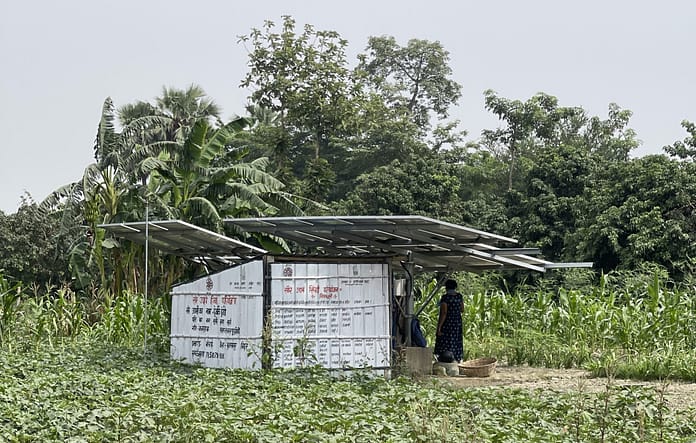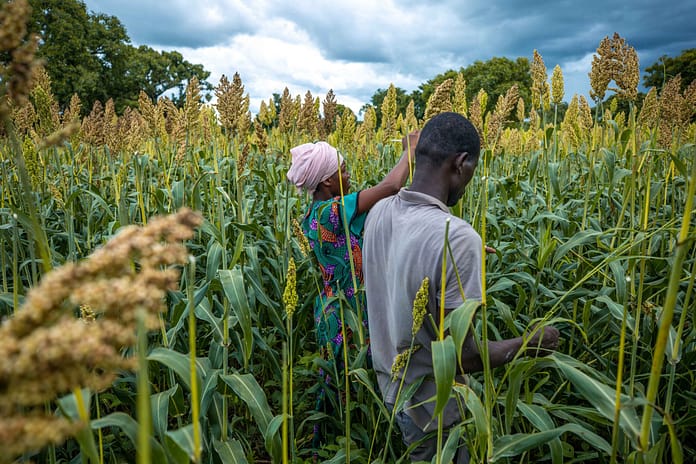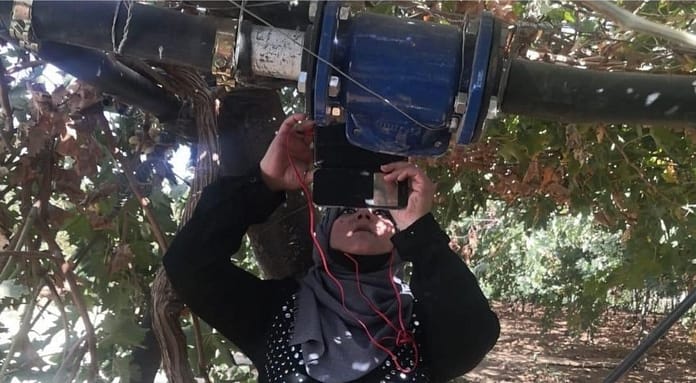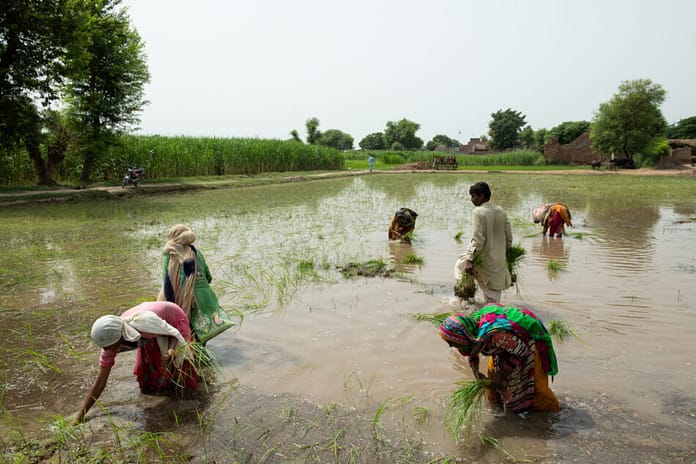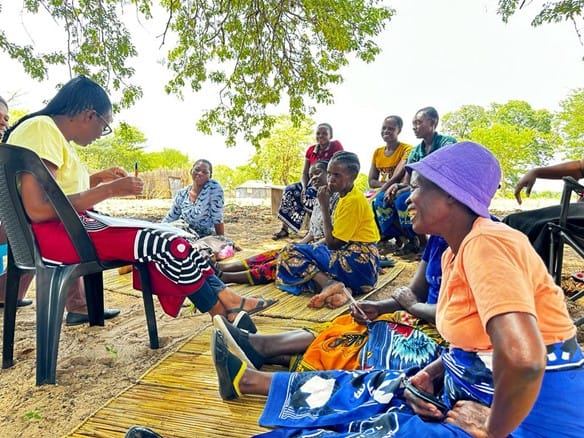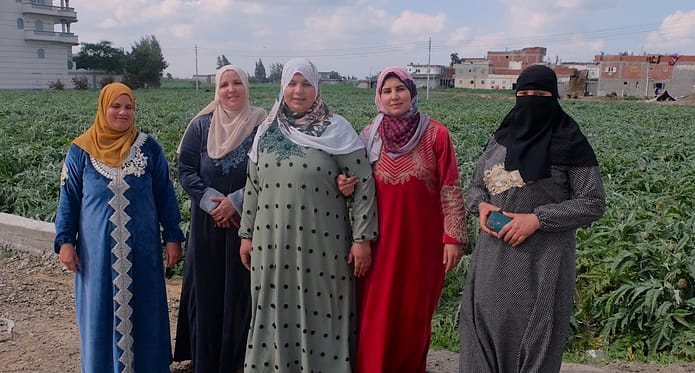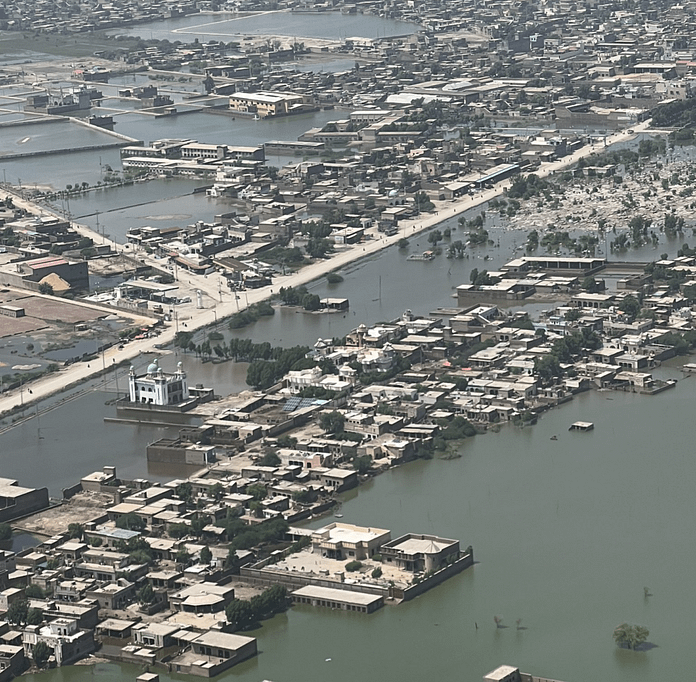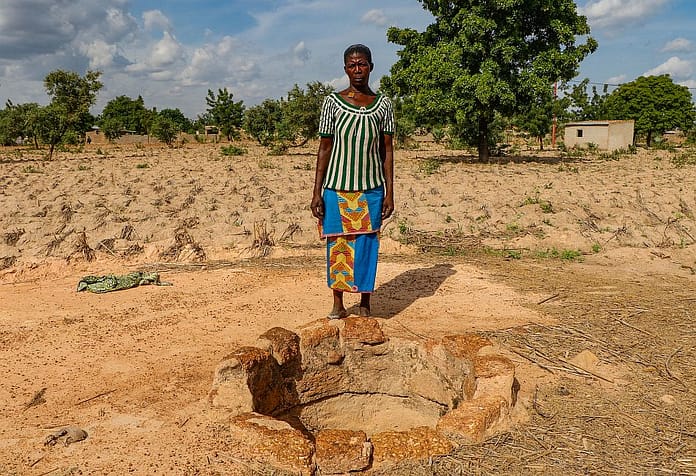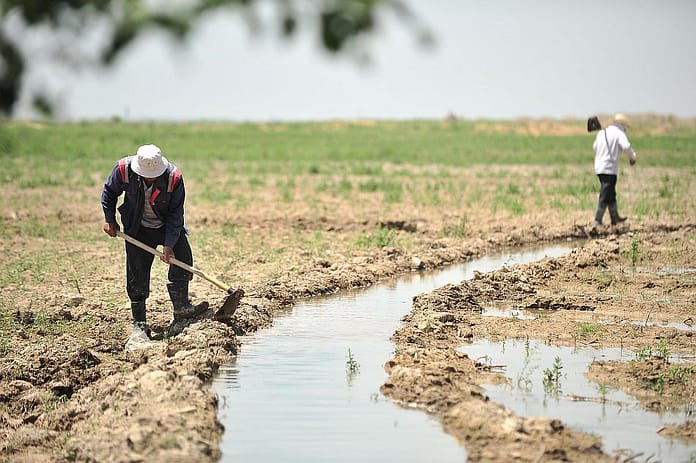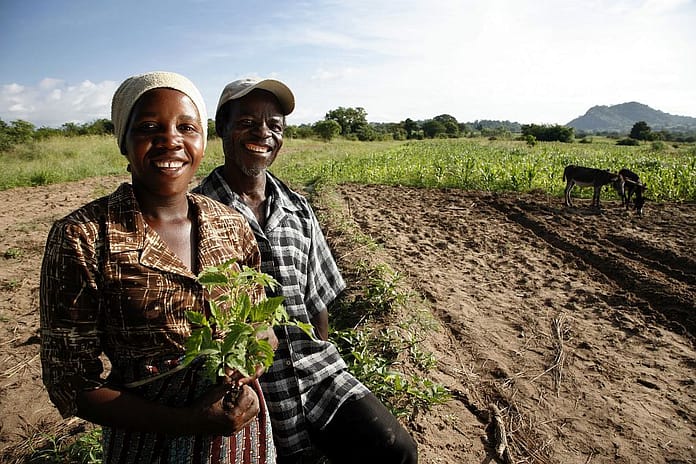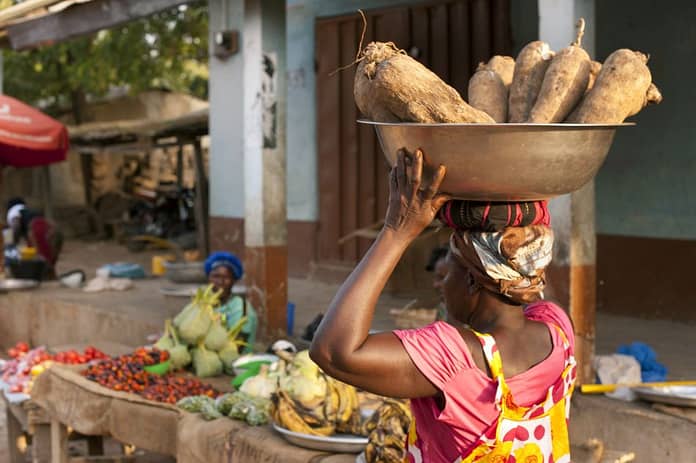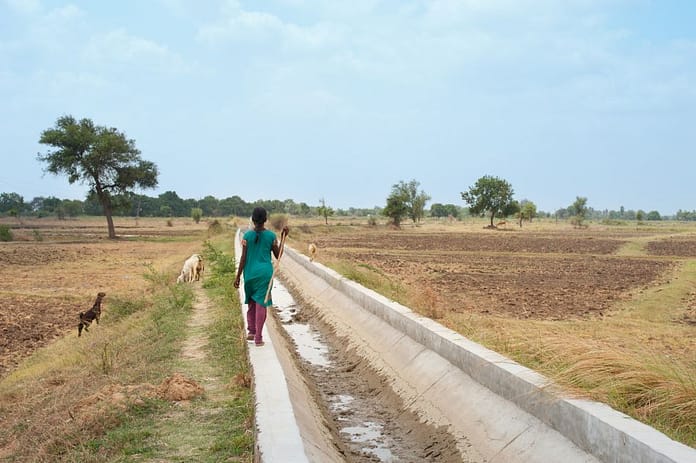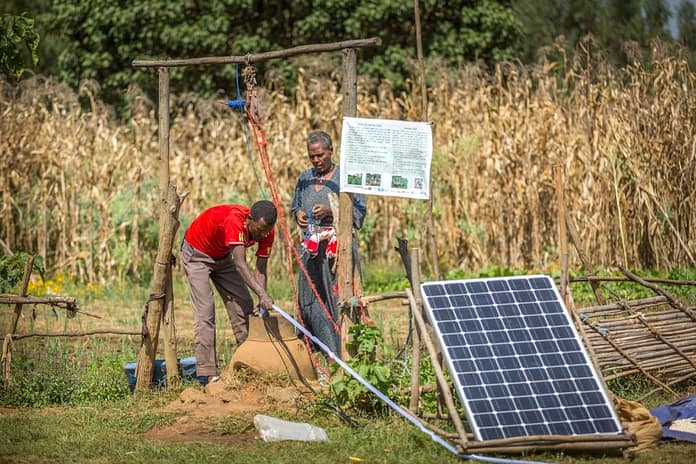By Aashika Adhikari, Manohara Khadka and Shisher Shrestha
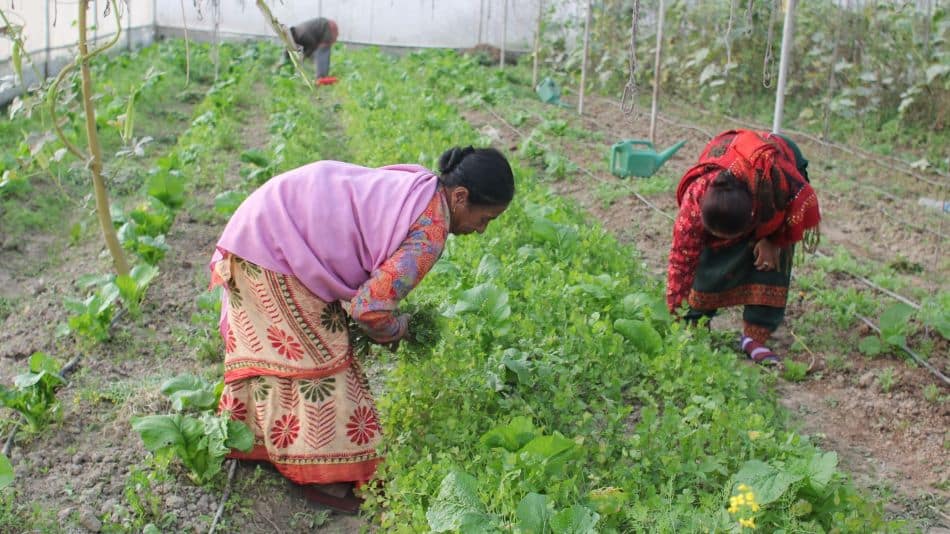
Agriculture is the backbone of Nepal’s economy, employing 67% of the population and contributing to the nation’s livelihoods. Traditionally male-led, the sector is now seeing an increasing number of women taking charge: the percentage of women-headed households in agriculture increased from 19% to 32% in the last decade, which is attributed to the migration of male household members.
Agriculture in Nepal remains highly vulnerable to natural disasters. In late September 2024, Nepal experienced the heaviest rainfall in recorded history, triggering flash floods and landslides across the country. These disasters devastated agricultural areas, homes and infrastructure, with the overpopulated Kathmandu Valley and its surrounding districts particularly hard hit. The agriculture sector alone suffered massive losses amounting to $44 million, compounded by damages to water supply systems, roads and irrigation infrastructure.
On the occasion of International Women’s Day, we shed light on a women-led farmers collective in Kathmandu’s peri-urban area which is using climate-resilient technology such as off-grid solar irrigation to boost the resiliency of the community.
The Chhahari Agriculture Single Women Firm
The Chhahari Agriculture Single Women Firm is a women-led agricultural initiative based in Sunakothi, within the Kathmandu Valley. 25 widowed women with no other sources of income turned to farming and established the firm in 2021; the number of members has since risen to 36. The farm spans approximately 11,000 m2, with 9,157 m2 dedicated to vegetable cultivation. On the farm, the women grow pesticide-free vegetables such as tomatoes, cauliflower, cabbage, capsicum, cucumber and green leafy vegetables, making an annual profit of just under $1,500.
During the dry months (January-May), the farm faced significant water scarcity. While water was extracted from a 40 m deep well, the water supply remained insufficient. To address this, the group diverted water from a nearby stream to supplement the well. The farmers introduced technologies such as solar lift irrigation, vermicomposting, polyhouses, drip irrigation and a soil-cement pond, however, the farm continued to struggle to establish a profitable agri-business.
The International Water Management Institute (IWMI) conducted a needs assessment to identify strategies for improving the productivity of the farm and building farmers’ capacity and resilience in November 2024. The assessment highlighted two key areas of focus: building the capacity of the women in farm management and replacing the existing electric pump with a micro solar irrigation pump (SIP) for drip irrigation.
Landslides in late September 2024 caused severe damage to the farm’s solar lift irrigation system, displacing and burying the pipes. The new micro-SIP gave the women a solution, providing much-needed resilience against such setbacks.
A farm representative said, “Thanks to the installation of the micro-SIP system, we are able to irrigate our fields, despite the challenges posed by the landslides. Although the landsides caused great financial losses and required us to renovate the system, we are relieved that our crops remain irrigated, allowing us to continue selling our agricultural produce.”
IWMI also provided capacity-building on crop calendar preparation, sustainable farming practices, post-harvest handling, marketing, branding of agri-produce and fish farming. Agriculture experts are expected to visit the farm in the coming months to assit the women in applying the farming strategies they learned.
The experience of the Chhahari women’s agricultural collective demonstrates that decentralized, smaller and portable climate-resilient irrigation systems are not only easier to maintain but also less vulnerable to natural disasters. It further underscores the importance of timely irrigation, as delays can severely impact agricultural productivity and lead to significant losses for farmers.
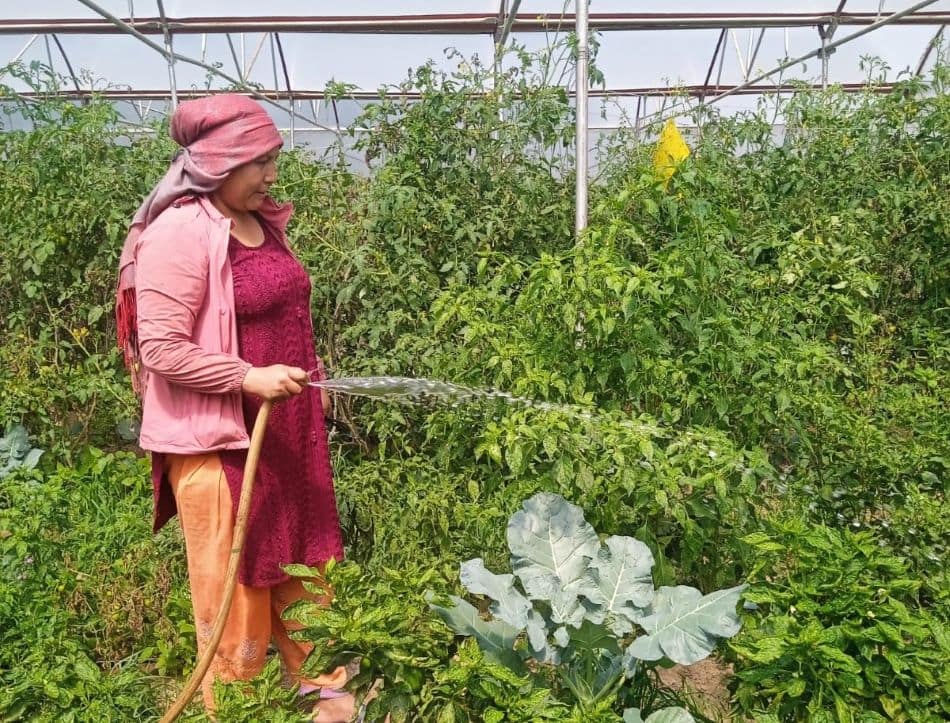
Ensuring resilience through holistic technology delivery
Many rural hilly areas are adopting solar irrigation technologies. However, these regions often face challenges such as the absence of nearby repair centres and a lack of skilled local technicians. This raises an important question: are farmers equipped with adequate coping mechanisms to handle disasters or system failures?
Delays in irrigation can not only stunt plant growth, but also affect yields, discouraging farmers from continuing their agricultural activities and, in some cases, driving them to migrate in search of other livelihoods.
To address these challenges, implementing agencies must take responsibility for the holistic delivery of technology to farming sites. This includes ensuring timely repairs, availability of spare parts, and ongoing technical support. Such efforts are crucial in instilling hope in farmers, particularly women who are increasingly taking on primary roles in agriculture and are disproportionately impacted by the disasters. Building their resilience is essential to sustaining agricultural livelihoods and preventing long-term economic setbacks.


